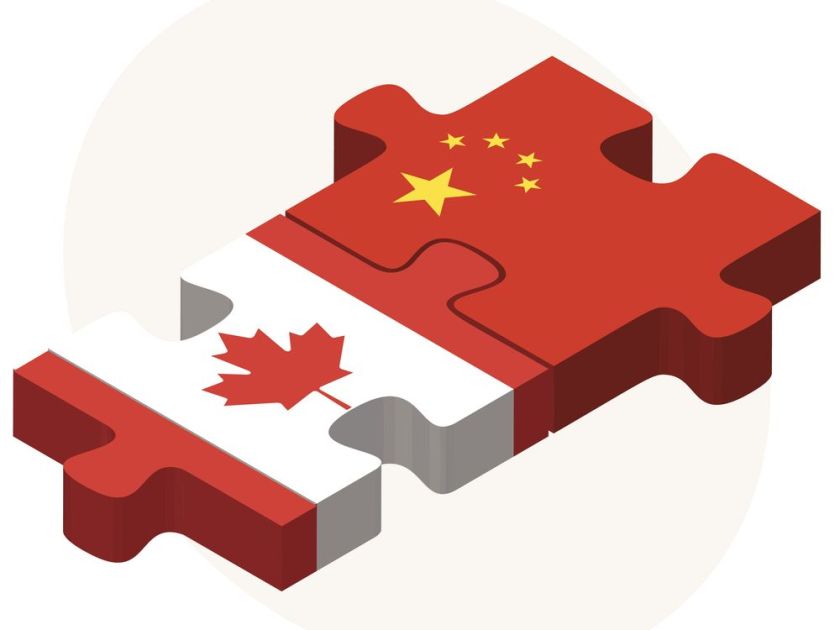There Are Win Win Trade Possibilities With China

Canada needs to take its place in China’s burgeoning consumer market. Both governments have been investing considerable effort building on an already robust trading relationship, with two-way trade surpassing $90-billilon a year – an all-time high. But Canada has more work to do developing brand awareness in the People’s Republic
by Alistair Vigier – Vancouver Sun
The Chinese view Canadians as honest, but risk averse. The main negative comment heard on Chinese streets is that Canadian business-types take too long to do things. The perception is that Canadian companies are afraid to make major decisions. Canadians, on the other hand, have their own concerns about China, mainly over pollution and human rights.
Those matters aside, China and Canada share in common one economic reality. Both rely on trading with the United States to keep their economies humming. China has the advantage of girth to branch out and a large domestic market to mop up any excess production. Canada has neither. So why does Canada not work more closely with China on the consumer side – like Australia does?
“If you want to do business with a Chinese company, you must earn their trust”
Australian-made items are widely available on Chinese store shelves, making Down Under Canada’s biggest competition in the Far East. Forget G’Day mate, Australian company reps won’t even discuss business with Canada. Some in the retail industry say it seems Australia is trying to keep Canada out of the Chinese marketplace.
Despite barriers, a number of Canadian retailers are gaining momentum in Far Eastern markets. Roots for example, is building on its success in Taiwan and South Korea. They are seeking best-in-class retail partners around the world. And Canada’s Lululemon has shops in Beijing.
Still, Canada’s top exports to China are oilseeds and wood pulp and consumer products are virtually nowhere to be seen in Chinese stores or homes. Some forecasts see China’s consumer economy reaching US$6.5 trillion by 2020 with the number of middle-class Chinese growing to 550 million by then. According to the Canadian Cattlemen’s Association, this newly-moneyed population has an appetite for beef. Canadian beef exports have increased since the Canadian and Chinese governments jointly announced expanded access in December 2017. Clearly, this is a market that must be actively pursued.
In an interview, a Chinese government official explained that trade opportunities begin with personal relationships. These are more important at the outset than finances, contract terms or products. If you want to do business with a Chinese company, you must earn their trust. This cannot be done long distance. Before discussing business terms, the Chinese are more interested in meeting for lunch, and receiving a gift of tea as an introductory offering. This is how to show respect.
The western media portrays China as being polluted and corrupt, like Japan in the 1930s. This has influenced Canadians’ perception of Chinese business. Certainly, regulation – or rather, the lack of it – is a problem for Canadian businesses trying to establish a foothold in China, but some improvement in regulatory matters is expected later this year.
Dealing within “Tier 1” cities offers the most promising prospects for positive results. According to the Canada China Business Council, a Tier 1 city in China is defined as having a GDP of over US$300 billion with at least 15 million people, under the direct control of the Communist party in Beijing, rather than local managers.
China’s culture has developed over thousands of years. Canada’s history is only 151 years old and our culture is still being defined. Canadians are often confused with Americans, and it’s often helpful to wear some identifying clothing or jewelry. Can a Maple Leaf lapel pin ever be out of place?












